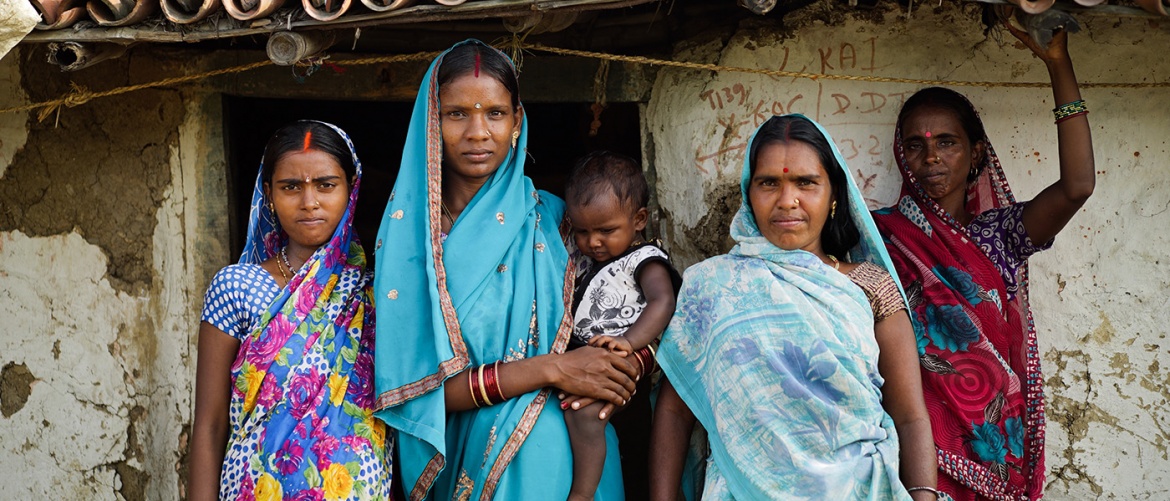PSI: The power of self-reflection
Reposted from PSI. By Karl Hofmann, President & CEO, PSI
NGOs these days are subjected to no shortage of assessments of their performance: how are we doing against donor “deliverables?” How do we score in annual and periodic audits and compliance reviews? What’s the temperature of our internal culture? How much are we contributing to progress toward the Sustainable Development Goals? And more.
But one assessment we’ve experienced in recent years has caused us to look deeper within ourselves and sparked some important changes we’re proud of. Global Health 50/50’s first review of gender equality within the global health workforce in 2018 led PSI to examine whether we are showing up and living up to our founding principles around power, agency and voice from our consumers in the Global South. We gathered our various approaches into a new cross-cutting Equality @ PSI policy statement and action plan. But reflecting on how we approach equality in our work led to deeper insights into areas where we’ve fallen down on equality in our workplace.
The second GH50/50 exercise in 2019 again looked at our gender equality policies and practices, with close attention to gender in our workplace. The assessment showed we were leaning into our Gender Equality Policy. But it led us to refresh our sexual harassment policy and revisit our family-leave policy. As a result, we also conducted our first-ever review of gender pay equity across PSI, led by an external evaluator, and built in such reviews as part of our periodic workplace health check-ups going forward.
With this year’s GH50/50 exercise, PSI’s commitment to gender equality remained under the microscope. But new this time was a look at how intersectional we are in our approach and how we’re doing through the lens of diversity. We were asked the hard questions about how PSI is tackling privilege imbalances and embracing redistributions of power, in the workplace, at the Board level, and in our health programming.
This year, the inspiration of GH50/50 cemented or accelerated good initiatives across our organization, such as implementing a strategy to meaningfully enhance our diversity, equity and inclusion efforts. Outside experts are helping us build these muscles at PSI. Part of this includes launching our Diversity, Equity and Inclusion Task Force. This effort will dig even deeper into how we can ensure that all individuals feel they belong at PSI, no matter their gender identity, sexual orientation, race, ethnicity, cultural background, age, ability, or religious beliefs. We’ve recommitted to making sure our staff knows they are all accepted and embraced because of their unique attributes and the value their diversity of thought and experience brings to our work and our workplace — not in spite of.
We also elected our first-ever female Board chairperson and turned a deeper attention to Board diversity overall. To this end, the PSI Board of Directors adopted new policy statements for diversity in its ranks and across the organization.
I’m sure the GH50/50 process next year will inspire additional reflections, new honesty and insights, and a stronger organization overall.
Starting with GH50/50 in 2018, PSI was mid-ranked among our peers across the categories of assessment including the gender responsiveness of our programs, sex disaggregation of our data, Board and senior staff diversity, workplace policies, and more. We worked on our performance and were pleased to be named among the high performers in 2019. And in 2020, we’ve been named very high performing, one of only three INGOs to earn this status.
We are very proud.
GH50/50 has helped to strengthen PSI and also helped to inspire my own voice and personal engagement on these issues. There is no shortage of issues in the context of diversity, equity and inclusion today in the United States, and in the world. Anyone working anywhere for greater diversity, a deeper commitment to equity and an embrace of inclusion feels as though she is walking uphill these days. I’ve found myself speaking out more often, and more directly
on these issues. To external audiences and to my own staff.
There’s nothing like some directed self-reflection, leavened by a sense of competition (we love that at PSI), to change behaviors. I salute GH50/50 for bringing this deeper reflection to our work, and our workplace. Keep it coming.


